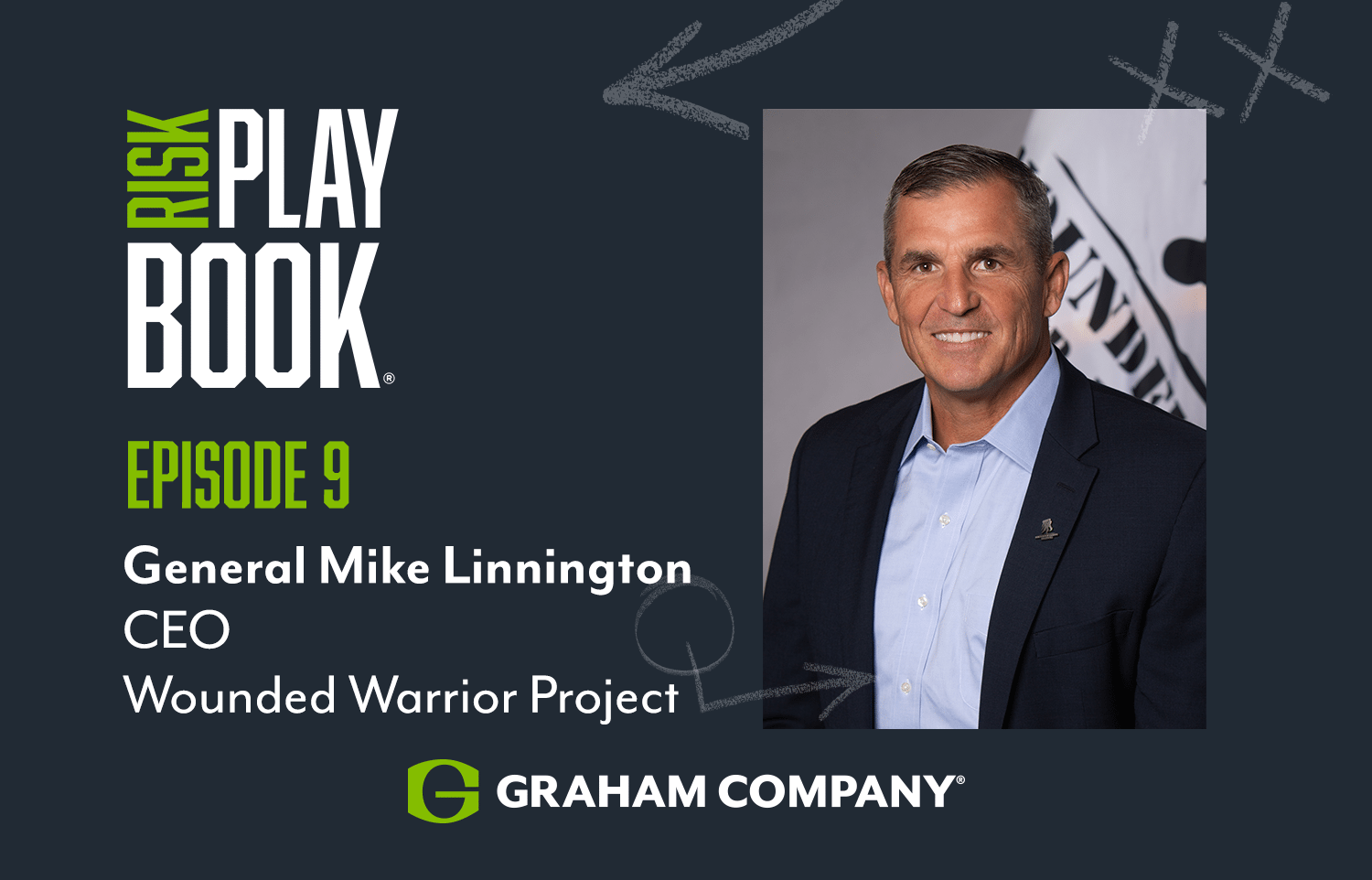Given that non-profit organizations have no shareholders, you may ask yourself if there is a need for Directors & Officers insurance. In fact, insurance for non-profit Board of Directors is very important, and the recent federal appeals court ruling in Lemington Home for the Aged v. Baldwin, has sent ripples through the nonprofit sector.
In the Lemington case, the court determined that directors and officers of a non-profit nursing home can be held liable for their failure to meet fiduciary duties owed to the organization. Although the ruling seems to be more focused on the board’s failure to exercise fiscal responsibility, their failure to monitor the quality of care and services being delivered by the nursing home is at least a causal factor in the bankruptcy and closure of the home.
Key takeaways from from the Lemington Case
What does this mean for your non-profit? Lemington demonstrates that non-profit board members cannot ignore their responsibilities and rely strictly on the false assumption that federal and state statutes provide adequate protection for individuals who serve as directors on non-profit boards.
A review of the case reveals several key lessons for board members to consider:
- Although non-profit organizations do not have shareholders, the directors and officers of non-profit organizations can still face claims;
- Even though an organization is a non-profit entity, its directors and officers are still expected to perform their duties in compliance with standards of care and can be held accountable for not performing up to those standards;
- The most important job for the board is to ensure that the organization’s day-to-day management personnel are qualified to perform their duties and are meeting set expectations; and
- Board members of non-profits may be held accountable for their actions, even after the organization has become bankrupt.
Prudent Steps to Mitigate D&O Liability for Non-Profits
Lemington should not leave directors awake at night with a fear of looming lawsuits. Generally, actions of board members who are reasonable and prudent are protected from liability. However, this is not to say you should abandon all concern and not take steps to protect yourself. Directors and officers should ask themselves: what are the reasonable and prudent actions for a board member to help avoid liability?
Even though non-profit board members aren’t stakeholders, they are trustees and have a responsibility to ensure effective stewardship of the organization’s resources. Regardless of what role the members play in the organization’s finances, the responsibility and ultimate authority lies with the board members. In fulfilling their duty to oversee fiscal operations, the trustees or board members should be involved in the review and approval of the operation budget. They should receive financial reports on a quarterly or monthly basis, and they should play a key role in determining whether or not an annual audit is necessary.
Responsibility to Oversee Quality & Care
In addition to managing the organization’s resources, a board has the responsibility to oversee the quality of care and services provided by the non-profit organization. While some board members embrace philanthropy and fiscal oversight, not all will have an interest in delving into the care or service aspect of the non-profit organization’s operations. Larger boards may determine it best to approach this requirement with a delegated subcommittee that is responsible to ensure the quality of care and services provided by the organization. This is not to say that the board should become involved in day-to-day operations. Rather, a board subcommittee focusing on quality of services or care should monitor indicators of performance such as annual licensing survey results, results of client satisfaction surveys and staff satisfaction surveys and publically reported ratings like Five Star ratings.
How does Directors & Officers Insurance protect the BOD?
Directors & Officers Insurance is used to transfer the financial burden from the organization to an insurance carrier to cover defense costs and any potential settlement-related indemnification of their directors and officers. Directors & Officers Insurance is also used to provide direct protection for the directors and officers themselves in the event that the organization cannot or will not indemnify. A type of coverage under the policy reinforces the organization’s promise to indemnify. In the unfortunate event of bankruptcy of the organization, there simply may not be any money to indemnify the directors or officers. This is a very important coverage for non-profit organizations, and no two policies are alike. These policies should be reviewed thoroughly by your insurance broker to ensure that the proper and broadest coverage is in place, so the organization is best protected from an operational standpoint.
There are many lessons to learn from Lemington. However, the most important point is that directors and officers must be clear on their roles and responsibilities within the non-profit organization, so they are aware of any potential risks.







